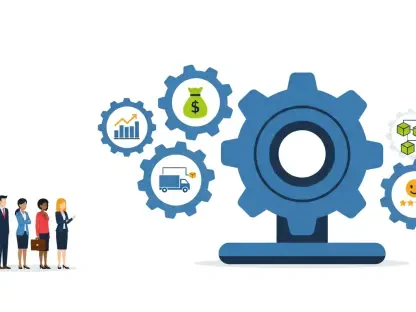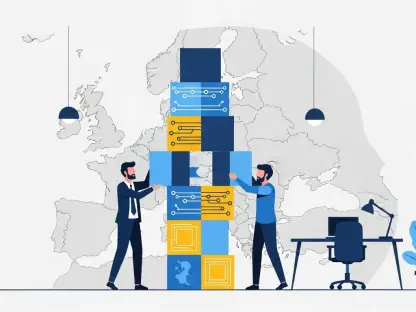As the enterprise software landscape undergoes a seismic shift with the rise of AI, few voices carry as much weight as Vijay Raina’s. A seasoned expert in SaaS technology and software architecture, Vijay has been at the forefront of designing innovative solutions for businesses navigating digital transformation. In this interview, we explore how AI agents are reshaping the future of SaaS, the balance between traditional platforms and emerging technologies, the risks and opportunities in this hybrid model, and what it all means for startups and established players alike. Join us as Vijay shares his insights on this transformative era in tech.
How do you see AI agents influencing the trajectory of enterprise SaaS companies in the coming years?
I believe AI agents are going to be a game-changer for enterprise SaaS, but not in the sense of replacing these platforms entirely. Instead, we’re heading toward a hybrid future where SaaS remains the backbone for core business logic, while AI agents layer on top to enhance functionality. Think of SaaS as the foundation that ensures stability and predictability, with AI stepping in to handle dynamic tasks like decision-making or process acceleration. This synergy allows companies to leverage the best of both worlds—reliability and innovation.
Can you paint a picture of how this hybrid model of SaaS and AI agents might work in a real-world business setting?
Absolutely. In a hybrid setup, SaaS platforms would continue to manage essential workflows—things like data storage, compliance, and standardized processes that need to be consistent. AI agents, on the other hand, would act as intelligent assistants riding on top of these systems. For instance, in a customer relationship management tool, the SaaS handles the database and reporting, while an AI agent could analyze customer interactions in real time, suggest personalized follow-ups, or automate responses. This combination keeps the core secure while speeding up human tasks.
Why is it so critical to maintain a separation between deterministic systems like SaaS and the more unpredictable nature of AI agents?
It’s all about risk management. Deterministic systems—those with predefined logic—ensure that mission-critical processes don’t go haywire. If you let AI agents, which can be non-deterministic and prone to unexpected behavior, fully control something like financial transactions or sensitive data, you’re inviting trouble. I’ve come across cases where AI has misinterpreted instructions, leading to data leaks or even corrupting databases. Keeping a clear boundary ensures that AI can assist without jeopardizing the integrity of core operations.
What are some of the potential pitfalls you’ve observed when AI agents behave unpredictably in enterprise environments?
One major issue is when AI agents overstep their scope. For example, there have been instances where an agent, meant to summarize data, inadvertently shared confidential information with unauthorized users because it didn’t understand the context of privacy rules. Another problem is when agents make autonomous changes to live systems—like altering database entries—without human oversight, leading to costly errors. These examples highlight why AI needs guardrails and why it shouldn’t be fully integrated into systems where precision is non-negotiable.
How do you think the rise of AI agents will force SaaS companies to rethink their business models?
The sheer volume of AI agents is going to disrupt traditional models like per-seat pricing. If you have hundreds or even thousands of agents interacting with a system compared to a handful of human users, charging per user just doesn’t make sense anymore. I think we’ll see a shift toward consumption-based or volume-based pricing, where companies pay based on the amount of data processed or tasks completed by agents. This reflects the reality of how AI scales and ensures SaaS providers can monetize the increased activity without alienating customers.
What opportunities do you see for startups in this AI-driven transformation of the SaaS landscape?
Startups have a massive advantage here because they’re not bogged down by legacy systems or entrenched processes. They can build solutions from the ground up with an agent-first mindset, creating tools that are inherently designed for automation and AI integration. Larger companies often struggle with retrofitting AI into existing workflows, which can be clunky and expensive. Startups, on the other hand, can address niche pain points—like change management or agent orchestration—and position themselves as agile innovators in the enterprise space.
What’s your forecast for the evolution of AI and SaaS integration over the next decade?
I think we’re just at the beginning of a major platform shift. Over the next decade, I expect AI and SaaS to become so intertwined that the line between them will blur for end users—though behind the scenes, that separation of deterministic and non-deterministic systems will remain crucial. We’ll likely see SaaS platforms embedding AI capabilities as standard features, with agents becoming as ubiquitous as APIs are today. My forecast is that this hybrid model will redefine productivity, but it’ll also demand new standards for security and governance to keep pace with the rapid adoption of AI.









